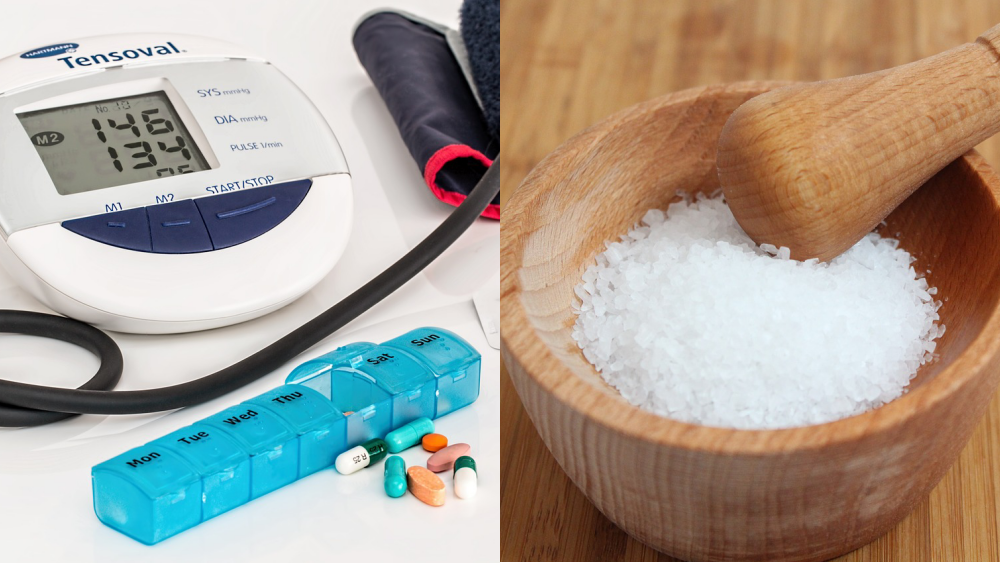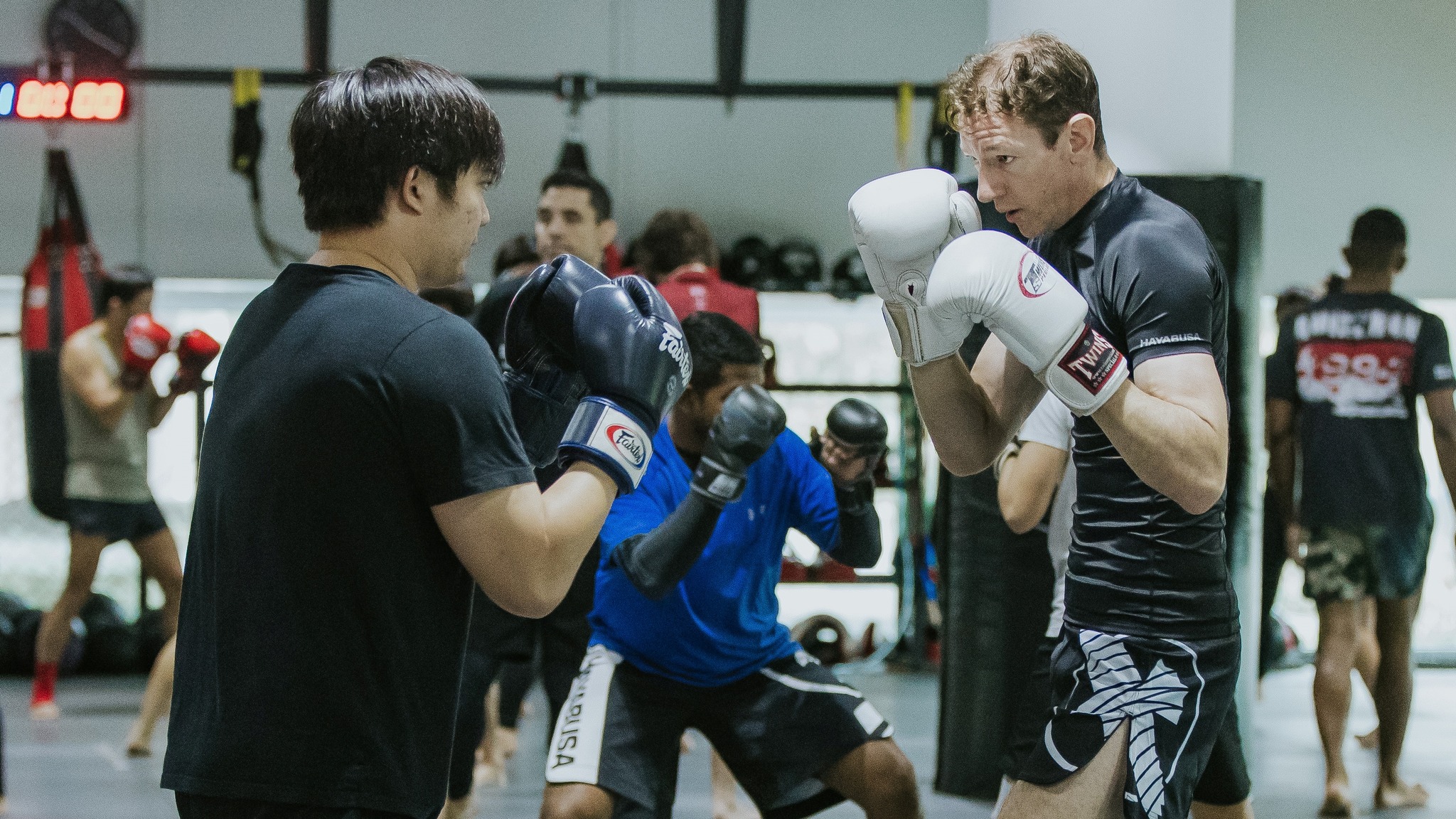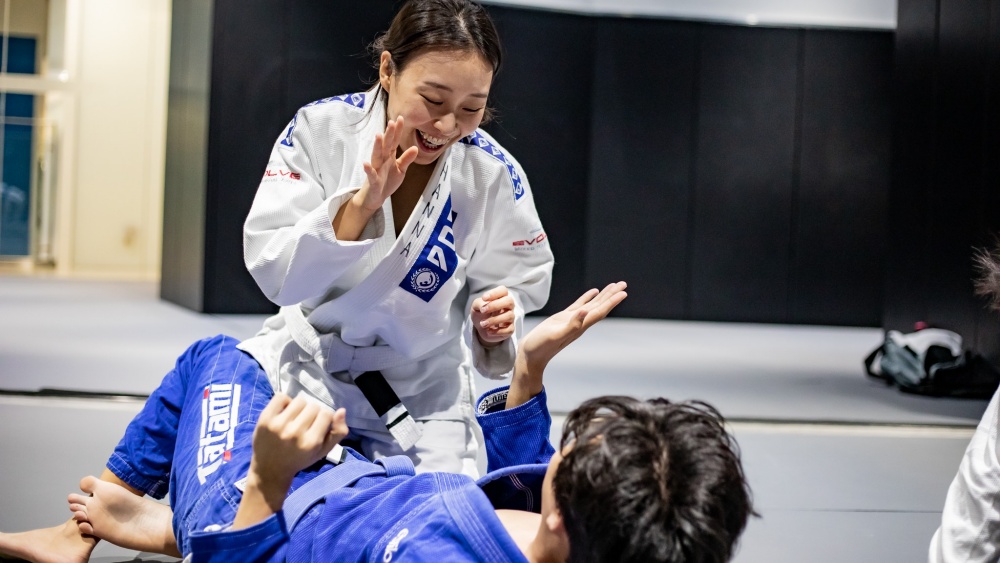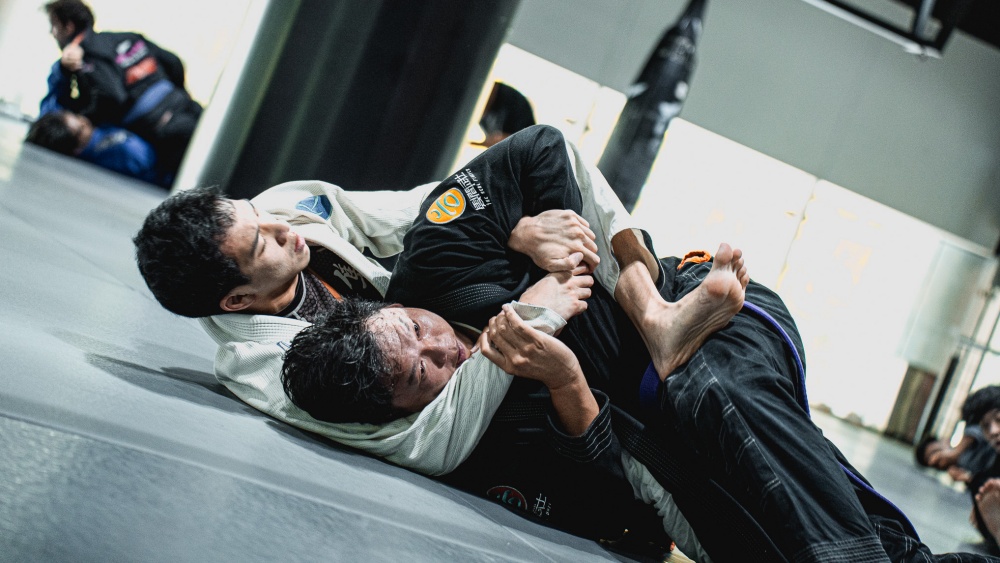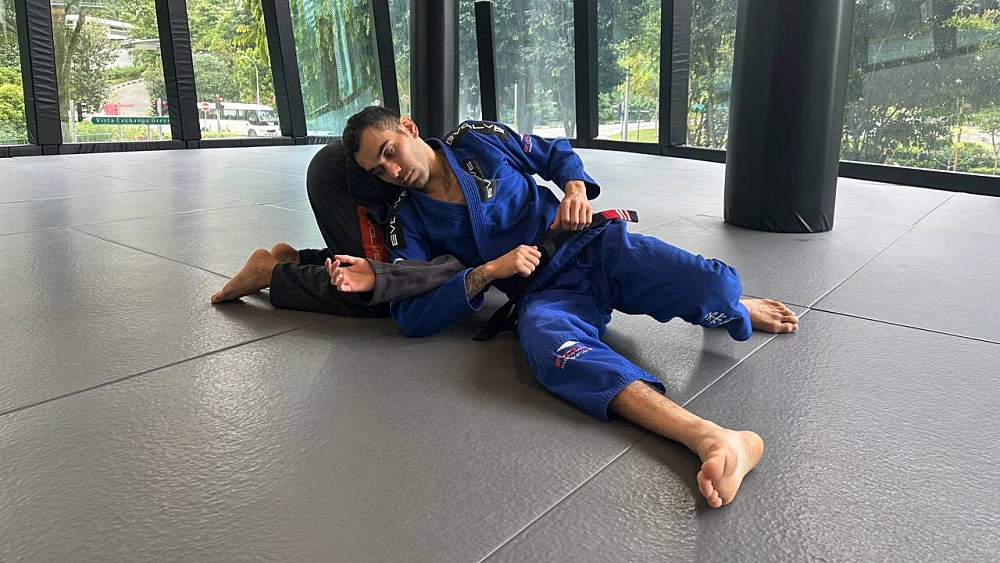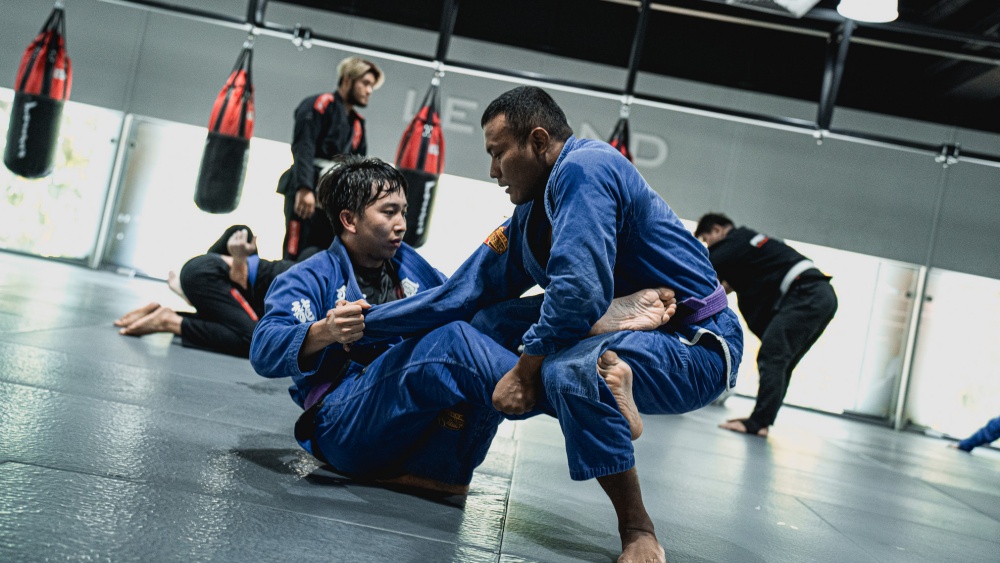In Singapore, a city known for its diverse and flavorful cuisine, the impact of dietary habits on health is a topic of growing concern. With a new wave of health-conscious alternatives at the forefront now, having access to healthier options is easier than ever. A widespread misunderstanding, even among those who prioritize health, is the exclusive focus on reducing sugar intake while overlooking the importance of regulating salt consumption. This is a vital consideration, particularly for martial artists striving to refine their skills in the gym such as attending a Muay Thai, BJJ, or Boxing Class. Maintaining a balanced diet, with careful management of both sugar and salt levels, is essential.
A recent study published in the Journal of the American Medical Association highlights the significant relationship between salt intake and blood pressure, drawing attention to a critical health issue in a nation where hypertension and diabetes are prevalent.
The Study’s Findings
The study conducted in the United States sheds light on the immediate benefits of reducing salt intake. It involved 213 participants aged between 50 and 75, including individuals with normal blood pressure, controlled hypertension, uncontrolled hypertension, and untreated hypertension. Remarkably, about 75% of these participants experienced a median drop of 8mmHg in systolic blood pressure within just a week of switching from a high-sodium to a low-sodium diet. While a decrease of 8mmHg in systolic blood pressure may seem modest, it is clinically significant. This reduction can substantially lower the risk of stroke, heart attack, and kidney failure.
What Is Hypertension?
Hypertension, commonly known as high blood pressure, is a medical condition where the blood pressure in the arteries is persistently elevated. It often goes unnoticed due to its subtle symptoms, but its long-term force against artery walls can lead to health problems like heart disease. It’s typically categorized into two types: primary (essential) hypertension, which develops over time with no identifiable cause, and secondary hypertension, caused by an underlying condition.
Understanding Blood Pressure
Good blood pressure is typically defined as a systolic reading of 120mmHg over a diastolic reading of 80mmHg, or 120/80. Singapore sets the normal blood pressure benchmark slightly higher, at below 130/85. Hypertension, if unmanaged over time, can lead to weakened heart muscles and heart failure. It also increases the risk of stroke and kidney failure.
The Singapore Context
In Singapore, the relevance of this study is particularly striking. The nation currently has over 700,000 individuals living with diabetes, and this number is projected to exceed one million by 2050. Notably, nearly three-quarters of the diabetic population in Singapore suffer from high blood pressure, making dietary interventions crucial.
Government Initiatives In Singapore
Recognizing the gravity of these health issues, the Singaporean government has implemented various initiatives to combat hypertension and its related risks:
- Health Promotion Board’s Efforts: The Health Promotion Board (HPB) has been actively promoting the reduction of sodium in the local diet through public education campaigns and partnerships with food industry stakeholders.
- National Steps Challenge: Encouraging physical activity to improve overall health, including blood pressure levels.
- Food Labeling Regulations: The introduction of stricter food labeling regulations to help consumers make informed choices about their sodium intake.
- Subsidized Health Screenings: Making health screenings more accessible and affordable to encourage early detection and management of hypertension.
Sports & Martial Arts
Engaging in sports and martial arts can be an effective way to combat high blood pressure, a condition often associated with an increased risk of heart disease and stroke. This form of physical activity, which encompasses various techniques and disciplines, offers a unique combination of aerobic exercise, strength training, and stress relief.
The aerobic aspect of martial arts, characterized by continuous movements and elevated heart rate, helps in improving cardiovascular health, thereby reducing blood pressure. Strength training elements, such as kicking and punching, enhance muscle strength and endurance, contributing to overall heart health.
Regular practice of martial arts, therefore, provides a holistic approach to maintaining a healthy blood pressure level, improving physical fitness, and fostering mental well-being.
Salt And Physical Performance
While it may seem like removing salt from your food is a bland solution, you should not remove all of it. Salt, or sodium chloride, is essential for various bodily functions, including nerve transmission and muscle contraction. However, its excessive consumption can lead to negative effects that may hinder a fighter’s performance:
- Water Retention: High salt intake causes the body to retain water. This can lead to increased body weight, making you feel sluggish and potentially affecting your training.
- Blood Pressure: Elevated blood pressure from high salt intake can strain the cardiovascular system, impacting endurance and stamina.
- Risk Of Dehydration: Although it seems counterintuitive, high salt levels can lead to dehydration, as the body needs more water to balance the excess sodium.
Benefits Of Low Salt Intake
- Weight Management: Lowering salt intake helps in managing water retention.
- Improved Cardiovascular Health: Reduced salt consumption helps in maintaining a healthier blood pressure, essential for cardiovascular efficiency during training and fights.
- Enhanced Muscle Function: A balanced salt intake supports optimal muscle function without the risk of bloating or water retention.
- Better Recovery: Adequate salt balance aids in quicker recovery post-training or competition by preventing excessive dehydration.
Implementing A Low-Salt Diet In Training
- Balanced Nutritional Plans: Incorporating a diet rich in fresh fruits, vegetables, and lean proteins while avoiding processed foods high in sodium.
- Hydration Strategies: Ensuring adequate hydration with electrolyte-balanced fluids that support training needs without excessive sodium.
- Consulting Nutrition Experts: Working with sports nutritionists to create personalized diet plans that cater to individual training and weight management goals.
Challenges And Considerations
While the benefits are clear, reducing salt intake can be challenging due to its prevalence in processed and restaurant foods. It requires a conscious effort to choose low-sodium options and to develop a palate for less salty foods.
Adopting a low-salt diet is a simple yet effective way to improve blood pressure and overall health. It’s not about eliminating salt completely but finding a healthier balance. As more people embrace this dietary change, the collective health benefits could be substantial, leading to a decrease in hypertension-related complications and an improvement in public health.
Conclusion
The compelling evidence from the recent study on the impact of salt intake on blood pressure underscores the importance of dietary choices in managing health risks. For Singaporeans, a minor adjustment in their diet could mean a significant step towards better health outcomes. By combining government initiatives with personal responsibility toward healthier eating habits, Singapore can make significant strides in the fight against hypertension and its associated risks.
Start Combating Hypertension Early With Martial Arts!
If you are interested in combating hypertension, join us for a class at Evolve MMA! Plus, did you know that martial arts help you burn up to 1,000 calories for every hour spent on the mat? If you’re looking for a way to improve your fitness level, build muscle, increase endurance, and improve cardiovascular fitness, then training in martial arts at Evolve MMA might be just what you need! Contact us for a free trial to get your fitness training start right away!
Book your complimentary trial class with our World Champions below!
If you have any other questions regarding Evolve MMA and the programs we offer, you can get in touch with our membership executives at the following locations:
Evolve MMA (Far East Square)
26 China Street
Far East Square #01-01
Singapore 049568
Phone: (65) 6536 4525
Evolve MMA (Orchard Central)
181 Orchard Road
#06-01 Orchard Central
Singapore 238896
Phone: (65) 6536 4556
Evolve MMA (KINEX)
11 Tanjong Katong Road
#02-52 KINEX
Singapore 437157
Phone: (65) 6288 2293
Evolve MMA (Clarke Quay Central)
6 Eu Tong Sen Street
#04-18 Clarke Quay Central
Singapore 059817
Phone: (65) 6226 2150
Evolve MMA (Star Vista)
1 Vista Exchange Green
#02-26A The Star Vista
Singapore 138617
Phone: (65) 6539 9590
